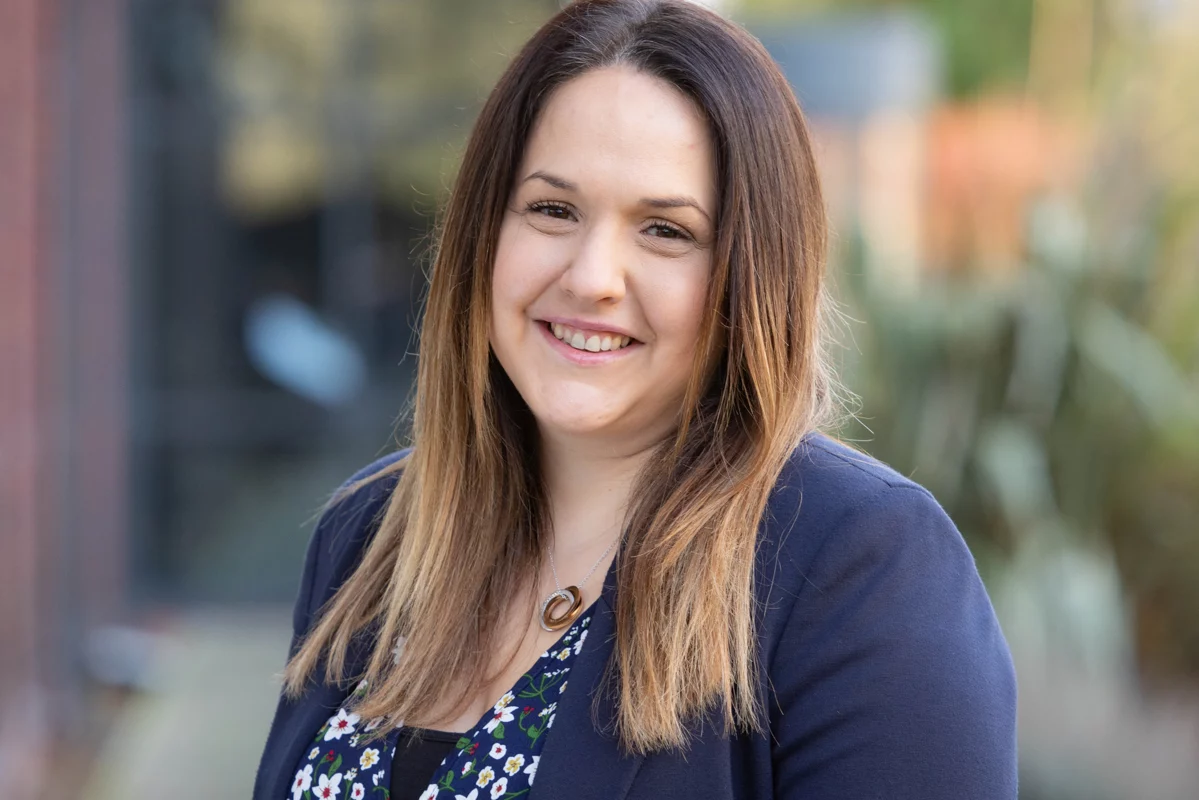Can charities undertake trading activities?

A question that charities often consider is “can we undertake trading activities within the charity that are not directly in advance of our objects?” The short answer is yes, subject to risk and the small-scale trading exemption threshold.
In this article we explore an overview of the different types of trading activities charities may undertake and what they are permitted to do within the charity, as well as considering when a separate trading subsidiary may be needed.
What is trading?
In simple terms, trading is providing goods or services in return for payment (although note there are some exemptions to this general rule). There are 4 key categories of trading activities for charities, and it is important that you are aware of the different categories as these will determine what trading activities a charity can undertake.
The 4 key categories of trading
Primary Purpose trading:
- Primary purpose trading is trading that directly furthers the charity’s purposes – for example, an educational charity providing educational services in return for course fees, or a charitable theatre selling tickets for a theatre show
Ancillary Purpose trading:
- Ancillary purpose trading is trading that indirectly furthers the charity’s purposes – for example, sale of textbooks by an educational charity (being the sale of goods in connection with the provision of services), or the sale of refreshments in the theatre to members of the audience of the theatre show (but note this would not extend to members of the public who were not attending the theatre show)
Beneficiary trading:
- Beneficiary trading is trading activity that is mainly carried out by the charity’s beneficiaries – an example of beneficiary trading would be the sale of goods that have been made by the beneficiaries of the charity or sale of goods in a coffee shop run by the beneficiaries
Non-primary purpose trading:
- Non-primary purpose trading is trading for the purpose of raising funds, but where the trading is not linked to the charity’s purposes – this would include any trading activity that is not one of the above types of trading, and is normally connected with the sale of merchandise to raise funds for the charity, for example, Christmas cards, or hiring out charitable premises to generate funds for the charity, where the activity is not connected to the charity’s purposes
Can charities trade?
A charity can undertake primary purpose trading, ancillary purpose trading or beneficiary trading within the charity, and any profits raised from these trades will be exempt from tax (Income Tax or Corporation Tax) provided they are used solely towards the charity’s purposes.
A charity can undertake a limited amount of non-primary purpose within the charity provided:
- The profits from the non-primary purpose trading activities are within the small trading exemption limit; and
- The activities do not pose a significant risk to the charity.
What is the small-scale trading exemption threshold?
The threshold varies depending on the charity’s annual income and is calculated as follows:
| Total income of the charity | Maximum permitted turnover |
| Under £32,000 | £8,000 |
| £32,000 to £320,000 | 25% of charity’s total income |
| Over £320,000 | £80,000 |
This exemption only applies where the profits are used towards the charity’s purposes.
When does a charity need a trading subsidiary?
If a charity undertakes non-primary purpose trading activity which is either over the small-scale trading exemption and/or poses significant risk to the charity, then it should not undertake that activity within the charity. If it wants to undertake these activities, then it may be appropriate for the charity to do so within a separate trading subsidiary. It is important that the risk to the charity is factored in when considering whether to undertake non-primary purpose trading within the charity as well as the likely income.
A trading subsidiary is usually a non-charitable company limited by shares, with the charity as the sole shareholder, and set up for the purpose of carrying out trading activities to raise funds for the charity. Any risk will be ring-fenced within the trading subsidiary, and distributable profits can be donated to the charity using Gift Aid.
The Charity Commission’s guidance, Trustees trading and tax: how charities may lawfully trade (CC35), contains useful guidance for charities that undertake trading activities, including details on what the Commission considers to be ‘significant risk’ in connection with trading.
If you would like any further information on trading or trading subsidiaries or would like to speak to one of our charity experts please do get in touch with Kirsteen Hook at [email protected].












